My Personal Tips on Working From Home, COVID-19
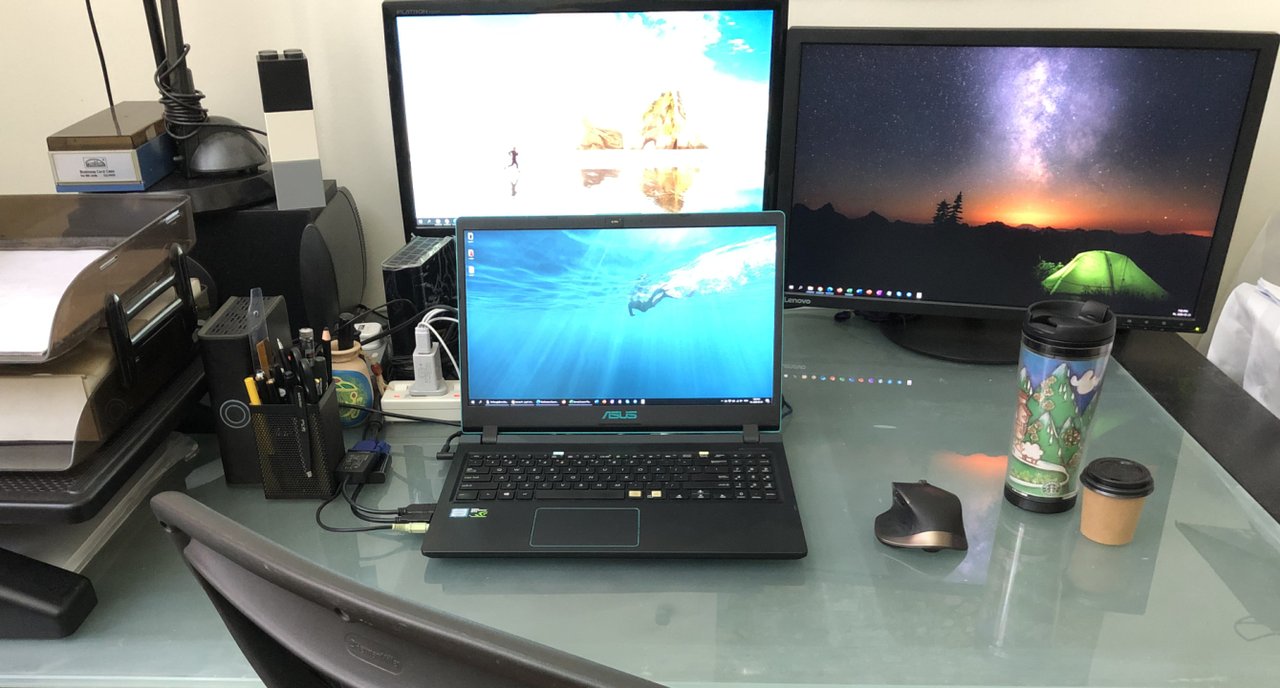
COVID-19 coronavirus pandemic has resulted in many people to work from home. How do I remain productive at home?
Remote working has been on the rise for years with many companies, some as a benefit given to employees for a work-life balance. Today, millions of people around the world have newly started working from home (WFH) because of the COVID-19 coronavirus outbreak.
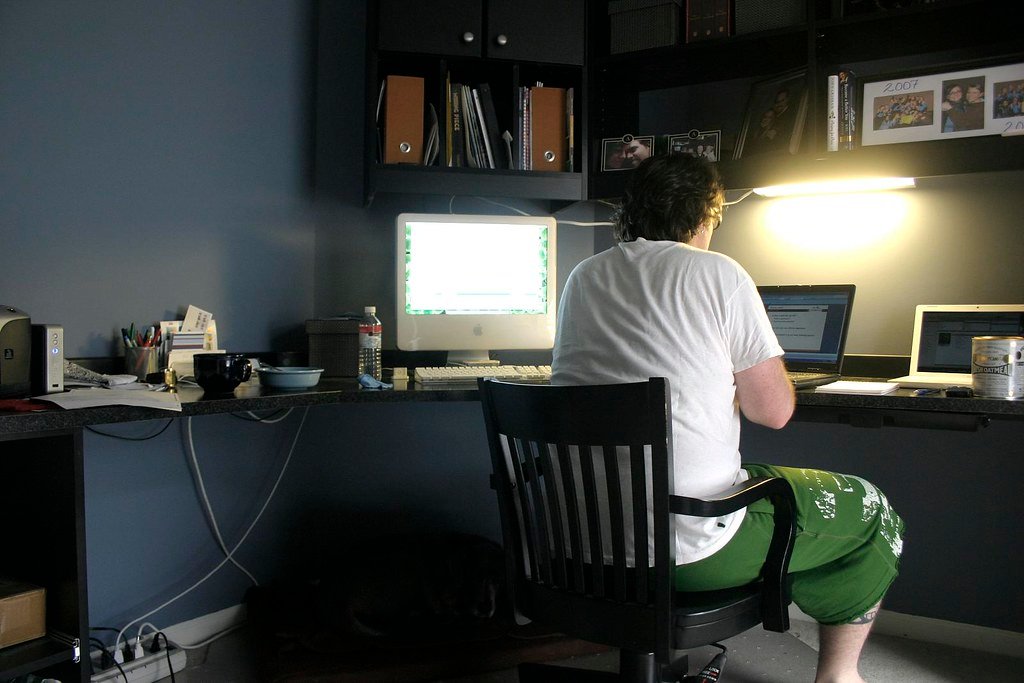
Some companies do not advocate WFH as they believe people cannot work without supervision, so they adopted a controlling and micro-management culture. However, which is a more productive environment for employees? The home office or the office? This coronavirus season gave us a good opportunity to find out.
The situation may extend for weeks or even longer. Nonetheless, it is a great opportunity for a lifestyle change. There will be no rushing to leave home and skipping breakfast so that you will not miss the train.
WFH is awesome. To some, it may seem newfound freedom, but along with it comes responsibility as well. To transit into this new way of working, here are some helping hand tips:
Daily Routine
Be disciplined. It is important to cultivate strict routines or working hours but also be kind to yourself. Wake up at the usual time and do the usual routine. For me, I use the time usually spent on commuting to read or stretch my legs.
Dress properly, do not wear pajamas. The dressing can influence moods and attitudes, so dress in proper indoor attire.
Set work hours. WFH allows flexibility in work time, but start and end work timing should be as routine as possible. Enforce a hard stop at the end of the day, and plan for personal errands after that. Setting a target end time will dictate expectations and increase productivity.
Create a good routine with short exercise breaks. I personally feel that moving and stretching my body energizes the brain. The truth is, endorphins are produced when exercising, which increases happiness and interest levels.

Communication
Have a daily standup meeting with your team. This can be done remotely (whether standing or sitting), just maintain the essence of keeping it short, and keeping team members accountable to one another in respective tasks.
Have more social interactions. WFH can be lonely, so I do plan virtual coffee breaks with co-workers (with a real fragrant cup of coffee). Keep talking to people so I do not feel isolated.
Over-communicate. WFH means I cannot walk by a colleague to say something. If the matter is urgent, I usually do redundancy in communication. For example, after an email is sent, I would also send a text message to the recipient, or leave a ping on Slack.
Use emoji. Text messages usually look more formal and serious on its own. Keep messages positive, sometimes I would like to lighten the mood by adding a smiley. It makes a world of difference saying DONE or done :–)
Distractions
Keep the television turned off; it is a big distraction. The radio or YouTube music might be better if you are the type who works well with some background music. Relaxing jazz creates an unwinding mood, whereas video game soundtracks keep the energy level high.
Stay off Social media. We are all guilty of this one from time to time, and social media can be one giant time-drainer if I am not careful.
Separate space to work from space to rest. You should not work in the bedroom (the bed is so comfy! And it gives you backache), and also not in the kitchen (I have full access to all the snacks! And it upsets your diet).
Leave Home. If temptations are too distracting, go to a WiFi-enabled cafe like Starbucks. A new environment is also a great stimulant for creativity and attention.
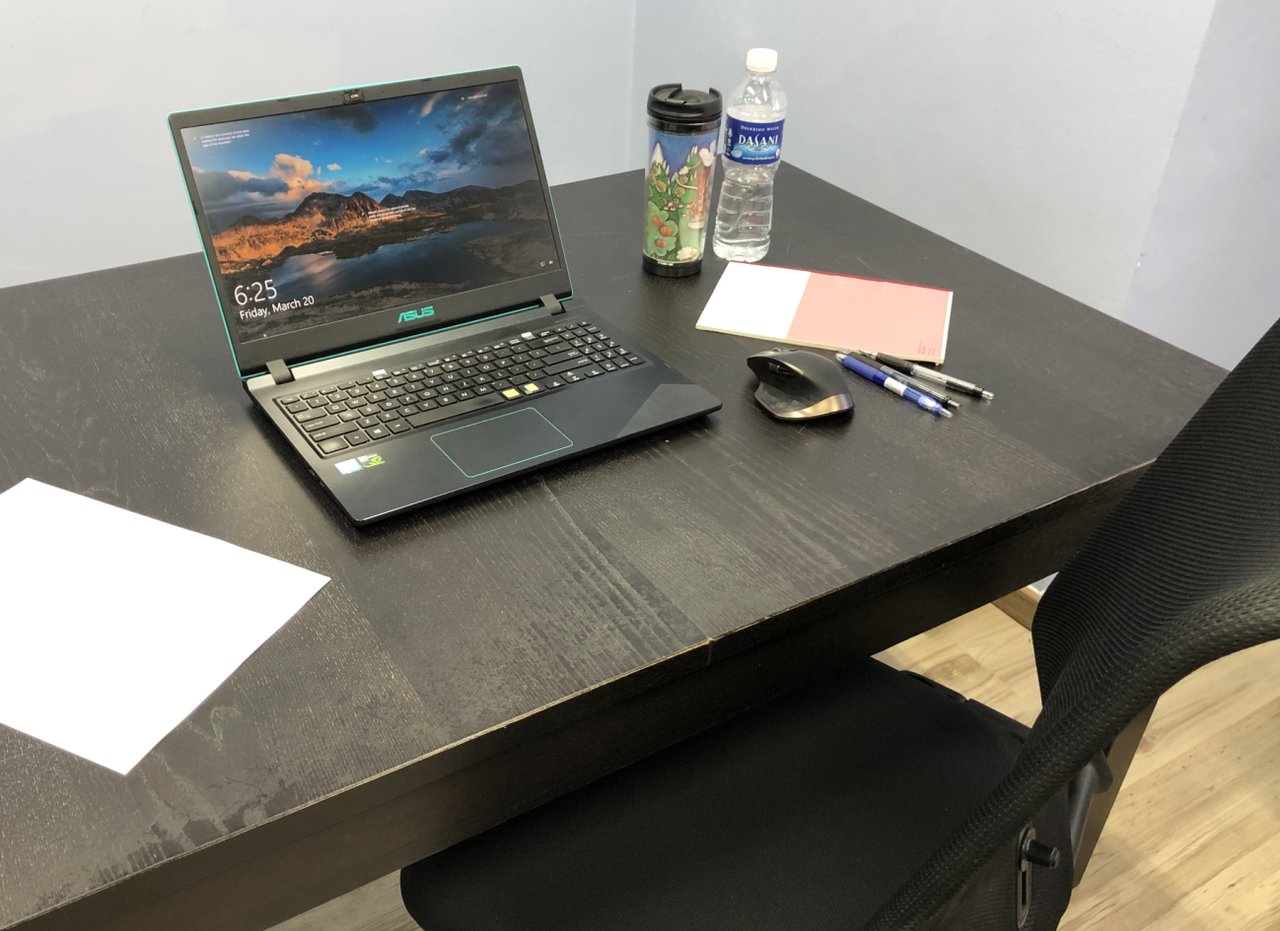
Time Management
Keep a daily checklist. Whether you work in the office or from home, it is essential to schedule for the day and keep track of daily tasks.
Use online tools. There are many freewares to improve productivity:
Video conference: Skype, Zoom, Google Meet, Cisco Webex
Tasks and project management: Air Table, NovaTools, Trello
Team communication: Whatsapp online, Slack, Workplace by Facebook
Shared documents: Dropbox, Box, GoogleDrive
Schedule frequent short breaks. Although taking breaks might seem counterproductive, research has shown that taking short breaks can actually increase productivity and creativity levels. Go get some fresh air outdoors, listen to the birds, enjoy the breeze, take time to smell the flowers, connect with nature in a short walk or cycle.
Avoid work creep. WFH can be invasive to personal life. Without scheduled work hours, work can creep into home life and personal errands can creep into work hours. Do not mix household chores into work hours.
WorkSpace Logistics
Prepare a conducive workspace. Apart from having a high-speed internet connection and a reliable router, get a comfortable chair and reserve a quiet space to be able to do focused work. I have converted the guest room to a home office with ergonomic chairs, extended monitor screens, full suite of stationery and a printer. Most importantly, it is well lit and ventilated.
Use a comfortable headset or earpiece for calls. It is a good habit to mute your microphone during conference calls (unless you’re speaking) to minimize the amount of audio feedback and random sounds that interrupt the conversation.
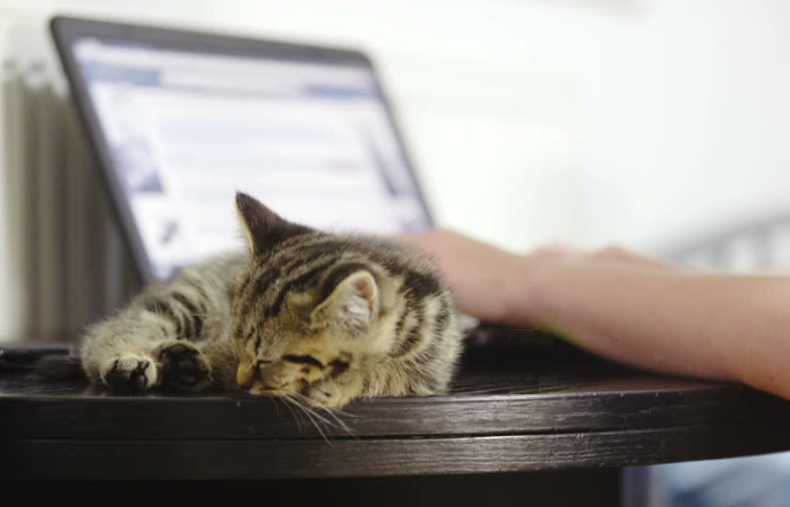
For Parents
Keep children in your plans. Due to school closure, children may also be around at home. Plan and schedule some activities to occupy them while you work. Have staggered lunchtime to spend with children; for instance, a husband can have a lunch break at 11 am-12 pm, wife breaks at 12 pm-1 pm, so 2 hours are spent with children. For all we know, working with children around us might become the new norm from this season on.
Get family support. I am fortunate to have my mum to watch over the little ones in the day, along with a domestic helper to do the chores, so my wife and I can focus on work.
Let’s Celebrate!
WFH is great for work-life balance; it increases ownership and performance. It trains people to be focused and disciplined. I look forward to seeing the productive benefits of trust and empowerment.
Everyone’s situation is different in home environment, personality and habits. My advice is to ignore any tips that clashes with your personal beliefs. Tailor the most effective way of working for you and keep practicing until it becomes part of a lifestyle or culture.
“It takes 21 days to form a habit”
Once a new way of working has been established all over the world, it might be hard to go back to the old ways.
Remembering Steve Jobs’ final words
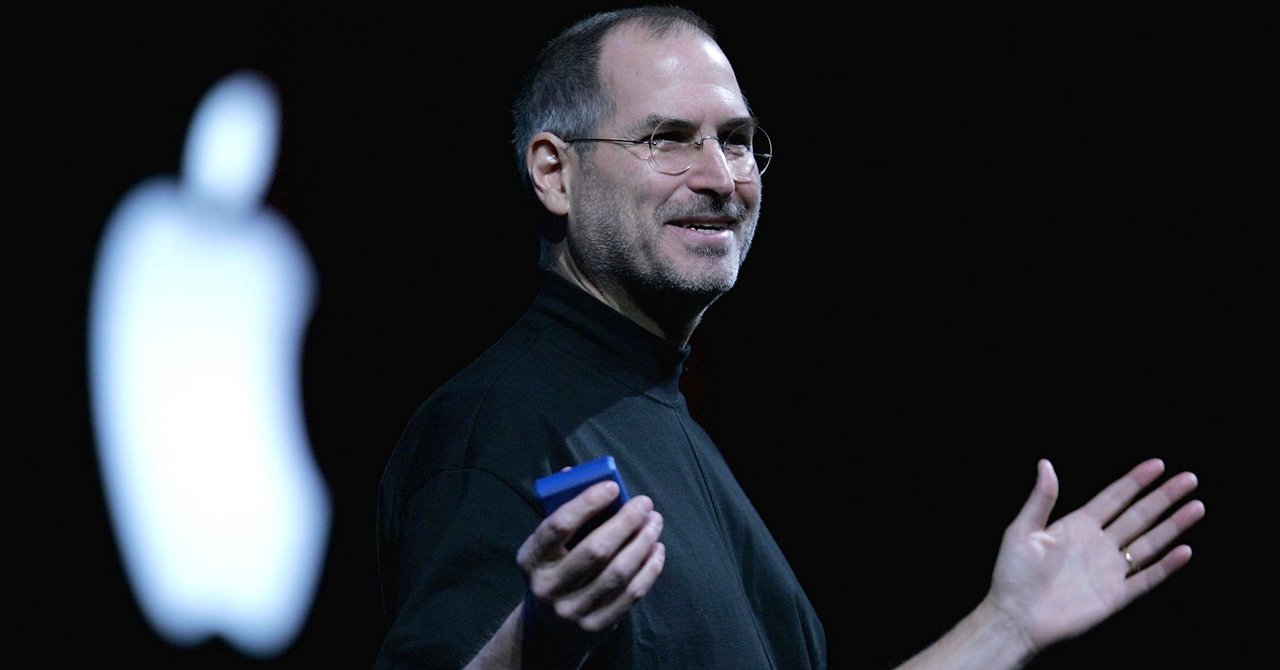
Rightfully, and more so literally, the last words of Steve Jobs are thought-provoking
Steve Jobs (24 Feb 1955 – 05 Oct 2011)
Steve Jobs was a billionaire when he left this world from pancreatic cancer in 2011, with a fortune of $7 billion, at the age of 56. People know Steve Jobs for his creativity, innovation, and inspiring quotes. His biography here.
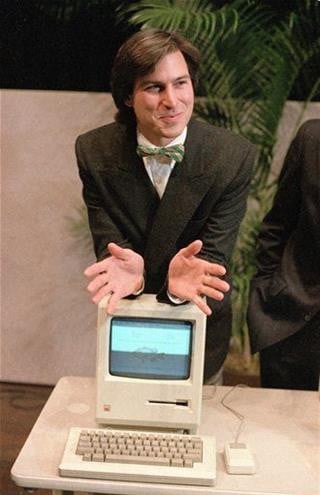
In 1984, Jobs designed the first Macintosh
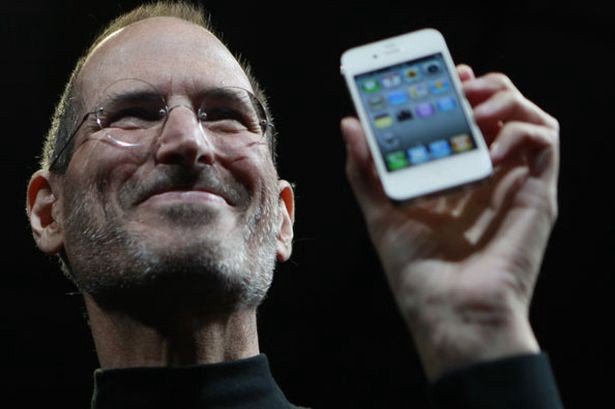
“But in the end, for something this complicated, it’s really hard to design products by focus groups. A lot of times, people don’t know what they want until you show it to them.” — Steve Jobs, BusinessWeek (25 May 1998)
His sister Mona Simpson briefly mentions his last words in her eulogy published in the New York Times. She said, “Steve’s final words, hours earlier, were monosyllables, repeated three times,”
“OH WOW. OH WOW. OH WOW.”
The eulogy notes that Jobs repeated this phrase after looking at his sister (Patty), his children, and his life partner (Laurene).
Even though no one will ever know the exact meaning of his final words, people will likely continue speculating their purpose, indefinitely.
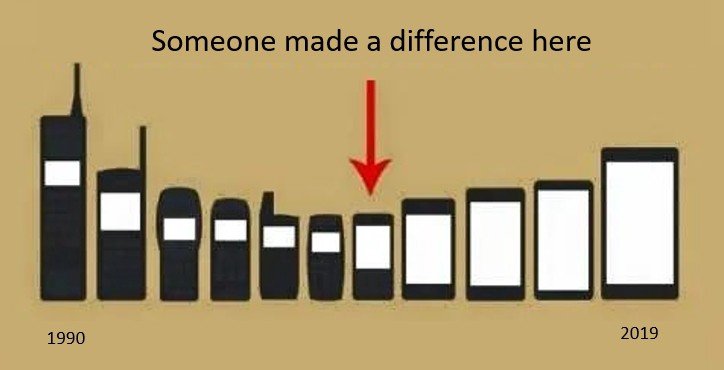
There was a lot of hype and curiosity regarding the late Apple co-founder’s last words. In 2015, rumors were circulating online that his last words were in an essay warning how the, “non-stop pursuit of wealth will only turn a person into a twisted being.”

“My job is not to be easy on people. My jobs is to take these great people we have and to push them and make them even better.” — All About Steve Jobs
Although some might argue that these points are important, there is no evidence that Jobs is the author of the essay. According to Snopes, the essay only appears on unofficial social media accounts, blogs, and neither the Jobs family nor Apple confirmed its legitimacy.

Last words of Steve Jobs
Below is one author's translation of the 2 monosyllable words which I find very thought provoking:
“I reached the pinnacle of success in the business world. In others’ eyes, my life is an epitome of success. However, aside from work, I have little joy. In the end, wealth is only a fact of life that I am accustomed to.
At this moment, lying on the sick bed and recalling my whole life, I realize that all the recognition and wealth that I took so much pride in, have paled and become meaningless in the face of impending death. You can hire someone to drive a car for you, make money for you — but you cannot rent someone to carry the disease for you.”

“The wealth I have won in my life I cannot bring with me.
What I can bring is only the memories precipitated by love.
That’s the true riches which will follow you, accompany you, giving you strength and light to go on.”

BY FOXCRAWL · PUBLISHED OCTOBER 6, 2011
“Treasure Love for your family, love for your spouse, love for your friends…
Treat yourself well. Cherish others.”
Final words
Eat your food as medicine, otherwise you will need to eat your medicine as food.
You can hire someone to drive a car for you, make money for you — but you cannot rent someone to carry the disease for you.
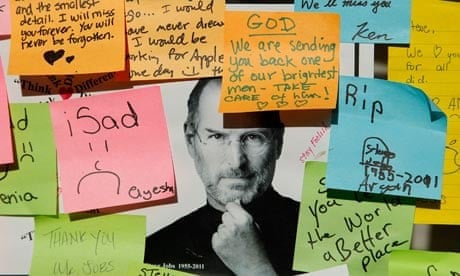
Photograph: Jeff Chiu/AP
“GOD, we are sending you back one of our brightest men — take care of him! ❤❤❤ ”
Be Prepared

Prior Preparation Prevents Poor Performance

I joined the boy scouts during the formative teenage years of my life, and learnt an important lesson from Lord Baden-Powell’s original Scouting for Boys Handbook: The Scout Motto
“BE PREPARED”
which means I am always in a state of readiness in both mind and body to do my duty. I shall illustrate this lesson with a short story:
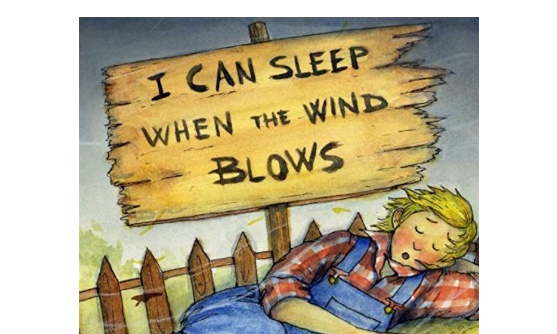
A young man applied for a job as a farmhand. When the farmer asked for his skillsets, he said, “I can sleep when the wind blows”. This puzzled the farmer. But he liked the young man, and hired him.
A few days later, the farmer and his wife were awakened in the night by a violent storm. They quickly began to check things out to see if all was secure. They found that the shutters of the farmhouse had been securely fastened. A good supply of logs had been set next to the fireplace, while the young man slept soundly.
The farmer and his wife then inspected their property. They found that the farm tools had been placed in the storage shed, safe from the elements. The tractor had been moved into the garage. The barn was properly locked. Even the animals were calm. All was well.
The farmer then understood the meaning of the young man’s words, “I can sleep when the wind blows”. Because the farmhand did his work faithfully when the skies were clear, he was prepared for the storm when it happened. So when the wind blew, he was not afraid. He could sleep in peace.
How does this apply to our lives?
The story about the young farmhand illustrates a principle that is often overlooked: being prepared for various events that occur in life. There was nothing spectacular or dazzling in the young farmhand’s preparations — he just faithfully did what was necessary each day.
Consequently, he was in peace, even in a storm.
P.P.P.P.P.
“Prior Preparation Prevents Poor Performance”
— James Baker
What have I done to be prepared?
**1. Frugality
**More than just a good habit of saving money, frugality is a sign of preparedness. Spending within my means and putting a good portion of my money away means being prepared for the future.
**2. Learning
**Educating myself is one of the best ways to prepare for any possible event that could happen. Circumstances in life may take away my material possessions but they can never take away my education and what I know.
**3. Discipline
**Discipline is one of the most important principle that I can possess in life. When I put myself at a state of creating good habits and conditioning my body to be in the best state possible, then I am preparing myself for any eventuality.
I have not stopped learning after leaving school. There are many blogs, tutorials and other learning materials to explore in this knowledge era, available digitally free of charge. I schedule to regularly attend seminars, conferences or and listen to interesting podcasts.
To me, the only limiting factor is time.
Final Thoughts
There is a Chinese saying “书到用时方恨少”, which means there will be no regrets when preparation meets opportunity. When I am armed with preparedness, I handle any situation that comes along and have an environment that is very conducive for success.
Be frugal, keep learning, and have good self-discipline.
I wish everyone success in all aspects of life!